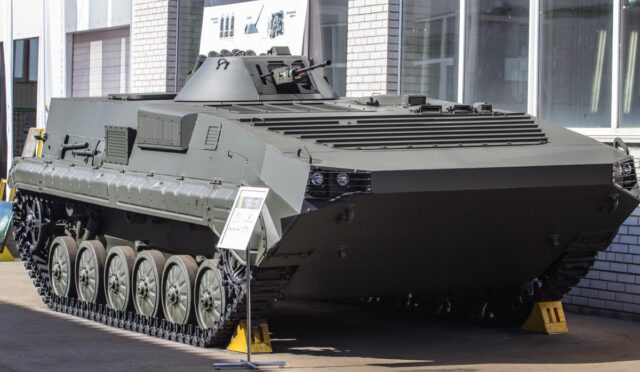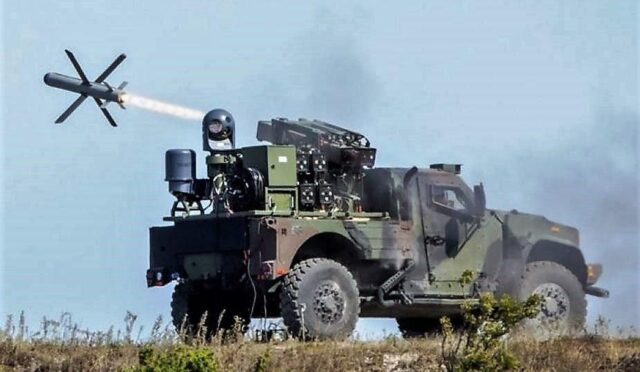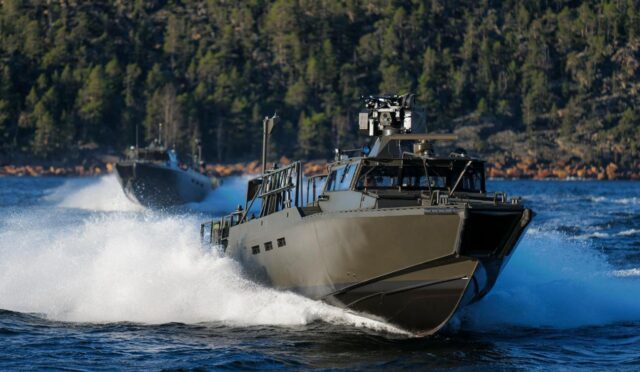Syria’s Interim President in Ankara for Key Talks
Ahmed al-Sharaa, Syria’s interim president, is scheduled to arrive in Ankara on Tuesday for critical discussions with Turkish leaders concerning the reconstruction of Syria and the complex situation involving Kurdish fighters near the border. This marks Sharaa’s first international trip since the Islamist-led rebels forced out long-time ruler Bashar al-Assad on December 8, leaving Syria in a precarious state with numerous territorial and governance issues to navigate.
Flying in from Saudi Arabia, where he recently traveled, Sharaa’s visit aims to bolster the strategic alliance he has developed with Turkey over the years. Upon arrival, he will be welcomed at the presidential palace following an invitation from President Recep Tayyip Erdogan. The agenda for their meeting, as confirmed by Erdogan’s communications chief, Fahrettin Altun, will include discussions on economic recovery, sustainable stability, and security.
Turkey’s Support Amid Economic Challenges
Despite facing its own economic difficulties, Turkey is poised to assist Syria in its recovery efforts after a devastating civil war that has spanned 13 years. In exchange for this support, Turkey expects Syria to help counter Kurdish militants operating in northeastern Syria, where clashes have erupted between US-backed Syrian Democratic Forces (SDF) and Turkish-supported factions.
Turkey has voiced strong opposition to the SDF, asserting that its main component, the People’s Protection Units (YPG), has ties to the Kurdistan Workers’ Party (PKK), a designated terrorist organization in Turkey. The Kurdish-led SDF has controlled much of Syria’s oil-rich northeast for over a decade, enjoying a degree of autonomy that has been a point of contention for Turkey.
Military Threats and Regional Tensions
Turkey has issued threats of military action to prevent Kurdish forces from advancing toward its borders, despite ongoing US efforts to broker a ceasefire. The country has maintained a robust military presence in the northwestern enclave of Idlib, which has been overseen by a coalition led by Sharaa since 2017, and continues to operate military bases in northern Syria.
Interestingly, the former rebel group Hayat Tahrir al-Sham (HTS), which Sharaa was part of, has been cautious not to engage in direct conflict with the SDF, even under pressure from Turkey, according to insights from Western diplomatic sources.
Ankara’s Dual Strategy on Kurdish Forces
While exerting pressure on Kurdish fighters in Syria, Ankara has also reached out to Abdullah Ocalan, the imprisoned founder of the PKK, hinting that he might soon urge his supporters to disarm. This initiative would likely target military leaders of the PKK operating in Syria and Iraq, reflecting a complex strategy to manage Kurdish influence in the region.
Hamit Bozarslan, a Kurdish affairs expert based in Paris, emphasized that Erdogan aims to prevent the establishment of a Kurdish entity on Syria’s border. Conversely, Sharaa is aware of his reliance on the Kurdish factions that stayed neutral during his advance, necessitating collaboration with these groups. According to Gonul Tol, head of the Turkish studies program at the Middle East Institute, Sharaa’s priority remains diplomatic engagement, yet he will need to take decisive actions to avoid losing control over key regions.
The Role of the New US Administration
The unfolding dynamics in Syria will significantly depend on the stance of the new US administration under President Donald Trump, although current policies remain somewhat ambiguous. Observers, including Tol, underline the importance of the US approach, suggesting that a clear strategy could shape the future of Syrian reconstruction and the balance of power among various factions.
As Sharaa navigates these intricate challenges, his leadership will be tested not only by the reconstruction efforts but also by the need to balance relations with Turkey and Kurdish groups, all while responding to the shifting geopolitical landscape influenced by international powers.







